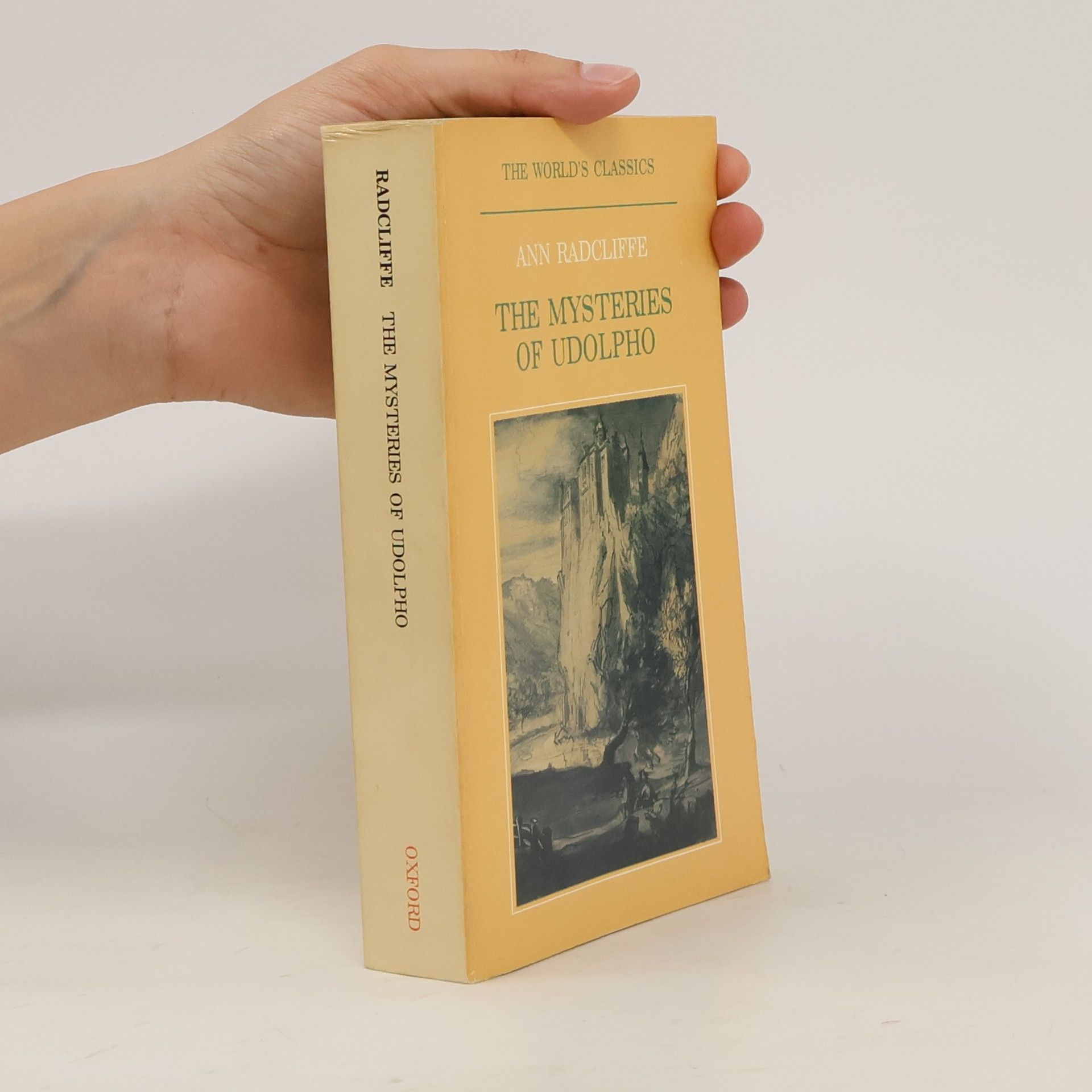Wildly popular upon its release, The Mysteries of Udolpho is a Gothic novel of undeniable charm and power. The virtuous and loving Emily, the young protagonist, finds herself in the care of her aunt following the death of her father. Her aunt promptly marries the villain Montoni, a cruel and calculating man whose scheming leads him to lock both women in the dark and winding castle of Udolpho. Will they survive to tell of its terrors?
Bonamy Dobrée Boeken



Milton to Ouida
- 204bladzijden
- 8 uur lezen
This collection of essays explores the contributions of notable literary figures from the 17th to the 19th centuries, including Milton, Dryden, and Byron, among others. Each essay delves into the unique styles and themes of these writers, offering insights into their impact on literature. The work also highlights lesser-known authors like Ouida, providing a comprehensive overview of the literary landscape during this period. Through critical analysis, the essays illuminate the evolution of literary thought and expression across different genres and eras.